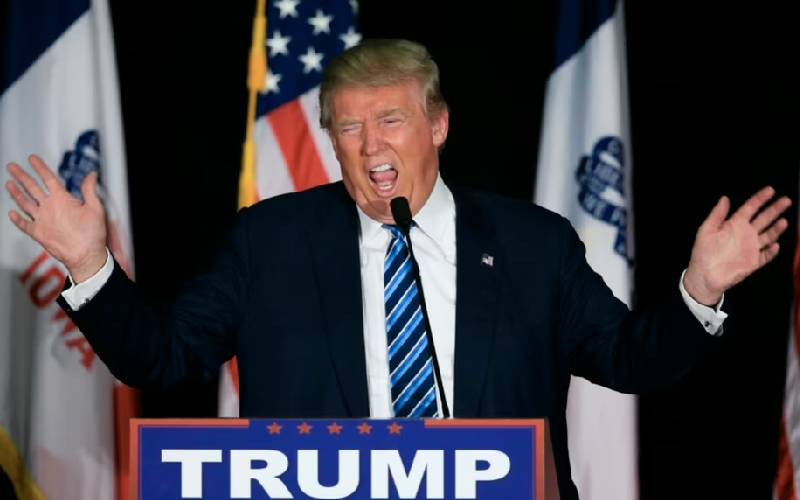×
The Standard e-Paper
Join Thousands Daily

FILE - Republican presidential candidate Donald Trump speaks during a campaign stop in Council Bluffs, Iowa, Dec. 29, 2015.
Former U.S. President Donald Trump is expected to be formally arrested and arraigned Tuesday, the first time a former occupant of the White House has faced criminal charges.